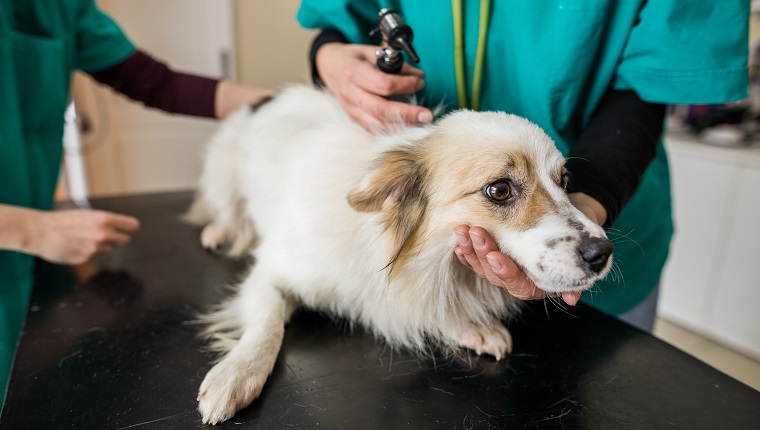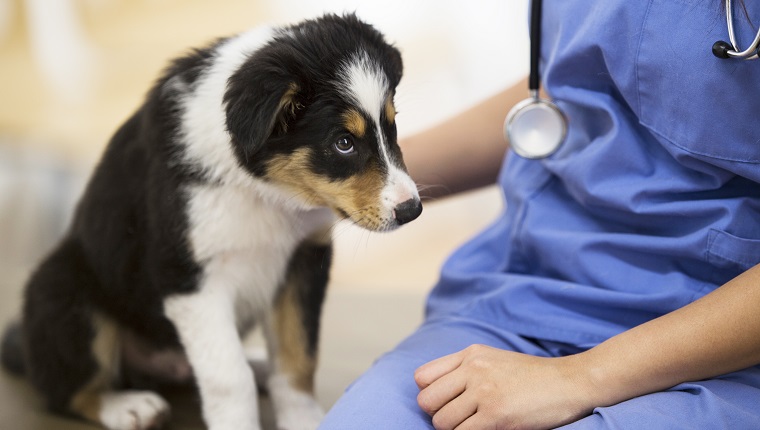Capillariasis in dogs is a medical condition that involves an infection by a parasitic worm known as capillaria plica. Dogs can pick up the infection when they ingest the worms or come into contact with contaminated water and food.
This condition tends to affect a dog’s bladder and urinary tract.
If you see signs that your dog might be developing an infection, then you must consult your veterinarian for a proper diagnosis and course of treatment. Here’s what you should know about the symptoms, causes, and treatments of capillariasis in dogs.
Symptoms Of Capillariasis In Dogs
Capillariasis in dog sometimes does not produce any visible symptoms at all. However, some of the symptoms that might appear include:
- Urinating more than usual
- Difficulties urinating (including straining)
- Blood present in the urine
- Coughing and sneezing
Causes Of Capillariasis In Dogs

The cause of capillariasis in dogs involves a dog ingesting the offending worms. This can happen when a dog consumes contaminated food and water or comes into contact with infected feces.
Additionally, garden earthworms often prove to be a cause of the condition, as well.
Veterinary Treatments
If you suspect that your dog has developed capillariasis, your veterinarian will want to carry out a full physical examination and also ask about their medical history along with any recent exposure to potentially contaminated substances.
Urine tests are the best way to confirm a diagnosis.
When it comes to treatment, if there are no symptoms, the vet might suggest that your dog doesn’t need medicine. However, if your vet decides that your will benefit from a course of medicine, the drugs ivermectin and fenbendazole are often recommended.
As ever, if your vet prescribes your dog any medicine, it is vital that you stick to the recommended dosage and frequency instructions and complete the full course of medication.
Has your dog ever picked up capillariasis? Did the vet suggest any medications to treat it? Tell us all about it in the comments below.









